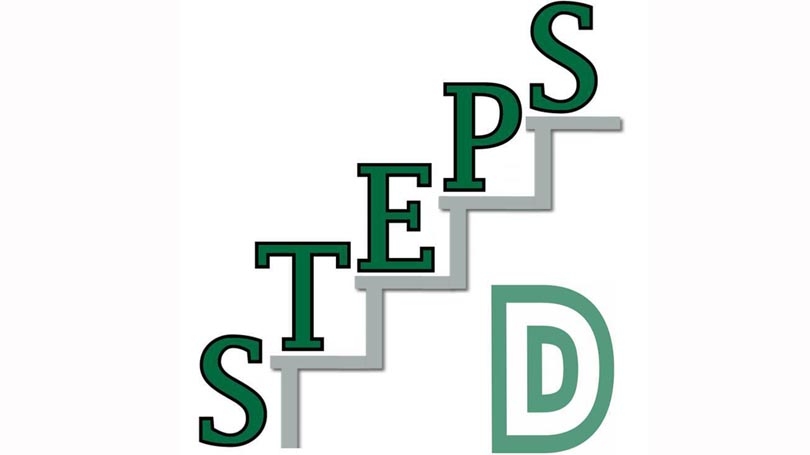
Menu
- About
- Academics
- Admissions & Financial Aid
- Student Support
- Diversity
- Postdocs
Back to Top Nav
Back to Top Nav
Back to Top Nav
Back to Top Nav
Back to Top Nav
The Dartmouth Science, Technology, Engineering, and Policy Society recently hosted Dr Melody Brown Burkins at one of their monthly lunches to talk about the intersecton of science and policy.
How does science and its concerns direct energies towards strengthening international relations? The Graduate Student and Dickey Center Organization, Science, Technology, and Engineering Policy Society (STEPS) recently hosted Dr. Melody Brown Burkins, who led a discussion on how scientists are involved in improving diplomatic relations across nations.
Science Diplomacy is thought of in terms of three broad categories:
Trained scientists are essential for all three aspects of science diplomacy because of their deep understanding of the issues. However, standard academic training often doesn’t adequately prepare scientists to effectively participate in these roles. Complex scientific subjects need to be clearly communicated to non-expert audiences, which can be challenging and requires a great deal of training, experience, and exchange of ideas.
Identifying key information that will be relevant and interesting to the formation of policy or diplomacy is a difficult task. Knowing what types of information funding agencies, local governments, or private companies will listen to is vital. Furthermore, creating policies to address a scientific issue not only have to be scientifically sound, but must also incorporate the realities of the social and political environment. Even more daunting is convincing all stake-holders to fund scientific inquiry to address real life issues.
Large international conferences play a key role in all three categories of science diplomacy. They can be particularly vital in ensuring global commitment to tackling common issues, they provide collaborative arenas for scientists, and the resulting work can contribute to better understanding and planning for disaster mitigation.
Dr. Burkins earned her PhD from Dartmouth in ecology studying the ecosystems of the Antarctic Dry Valleys. She then served as a AAAS Congressional Fellow after which she continued working in Washington D.C. as an energy and environmental policy adviser to Sen. Patrick Leahy. This subsequently elicited her interest in science policy at the University of Vermont. Her current position is Assistant Director for Programs and Research at the John Sloan Dickey Center for International Understanding, and she also serves as an adjunct professor in the Environmental Studies Program.
If you would like to learn more about science policy and diplomacy Dr. Burkins leads an interactive course titled “ENVS 80.08 The Practice of Science Policy & Diplomacy,” which is offered in the Winter term.
Reading AAAS’ open access journal Science & Diplomacy is a great way to keep up to date on this topic, it can be found at www.sciencediplomacy.org. Dr. Burkins also recommends following #SciDip on Twitter.
STEPS holds monthly meetings on the second Tuesday of every month at 1pm in Haldeman 124; you can sign up for their email list by emailing STEPS@Dartmouth.edu.